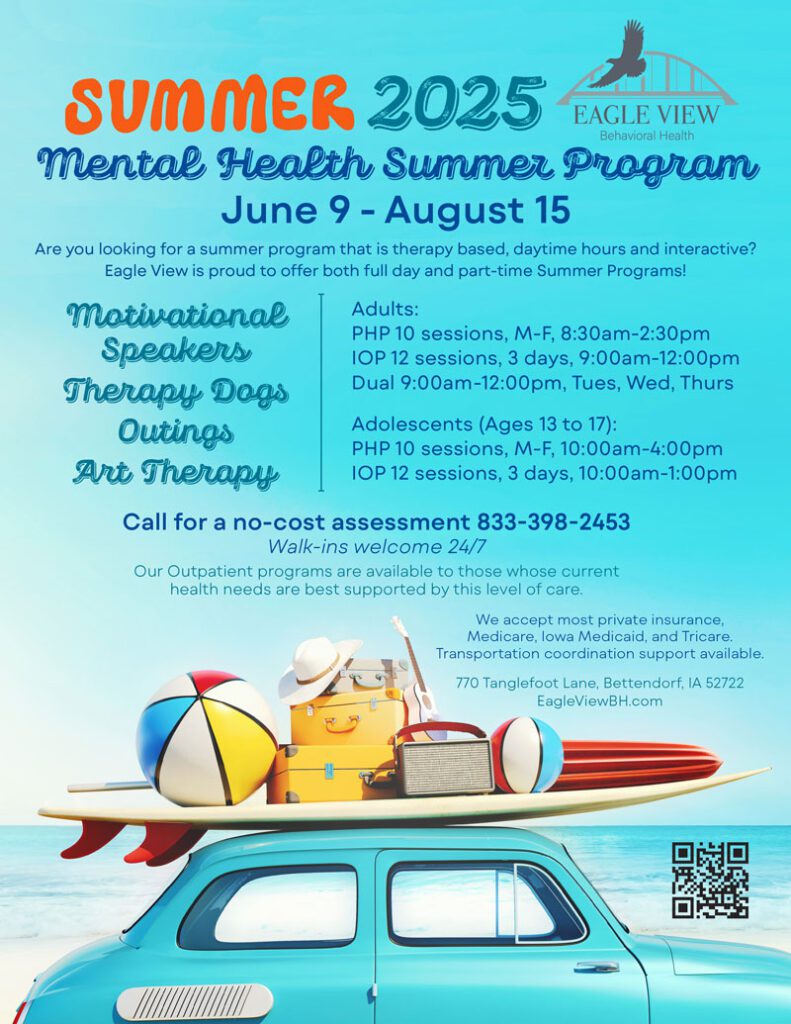Adolescent Outpatient Program

Dear Parents,
We understand your child deserves to be seen.
Your child deserves to be heard.
Your child deserves to feel safe.
You don't need to do it alone.
We are here to help...
Why choose Eagle View Behavioral Health’s Adolescent Outpatient Program?
Eagle View Behavioral Health offers a full day and after-school outpatient program designed specifically for adolescents ages 13-17 with anxiety, depression, and other mental health concerns. Our Adolescent Outpatient Program provides support and education to navigate the teen years with greater confidence and well-being. We encourage our teen participants to practice the skills built within our programs regularly and remind them that it’s okay to ask for help when needed.
These programs typically provide therapy, counseling, educational support, and recreational activities in an outpatient setting, meaning participants attend sessions during the day and return home in the evenings.
Mental Health Summer Program
Summer 2025
June 9 - August 15
Now Enrolling for Summer!
Looking for a therapy-based summer program with daytime hours and interactive support?
Eagle View offers full-day and part-time options for both adults and adolescents (ages 13–17).
We accept most private insurance, Medicare, Iowa Medicaid, and Tricare. Transportation coordination available.
Assessments are free of charge and can be done on the phone or walk-ins welcome 24/7.
Adolescent Outpatient Programs
Education On Building Resilience
Teens face various challenges during adolescence, including academic stress, social pressures, family issues, and emotional struggles. Developing coping skills can help teens navigate these challenges more effectively.
By teaching teens these coping skills, Eagleview Behavioral Health empowers them to manage stress, build resilience, and navigate adolescence with greater confidence and well-being. We encourage our teen participants to practice these skills regularly and remind them that it’s okay to ask for help when needed.
Improving Communication Skills
Overall, building communication skills in adolescents is not only essential for their immediate well-being and success but also lays the foundation for their future personal and professional growth. Some communication skills-building activities include:
- Role-playing Scenarios
- Reflective Writing
- Technology-Free Conversation
- Storytelling Sessions
- Conflict Resolution Workshops
Pet Therapy
Pet therapy, also known as animal-assisted therapy (AAT) or animal-assisted activities (AAA), involves interactions between people and animals to help improve physical, emotional, and social well-being. In pet therapy, trained animals such as dogs, cats, horses, rabbits, or even dolphins are incorporated into therapeutic sessions to provide comfort, support, and companionship to individuals undergoing treatment or experiencing various challenges.
Role-playing Scenarios
Role-playing scenarios are an effective tool for teaching teens about mental health. These activities can help teens develop empathy, practice coping strategies, and improve their communication skills.
Benefits of Role-playing Scenarios for Mental Health Issues
- Improved Empathy: Role-playing helps teens understand different perspectives and develop empathy.
- Skill Development: Teens practice and refine their communication, problem-solving, and coping skills.
- Increased Awareness: Participants become more aware of mental health issues and how to address them.
- Empowerment: Teens feel more empowered to handle real-life situations effectively.
Stress Management & Peer Support
Stress management and peer support are critical components for promoting teen mental health. These approaches help teenagers develop coping strategies, build resilience, and create supportive social networks.
Stress management programs for teens focus on teaching practical skills and techniques to handle stress effectively.
Recreational Therapy
Recreational therapy for adolescents is a specialized therapeutic approach that uses engaging, age-appropriate activities to support the physical, emotional, and social development of young people. This form of therapy is particularly effective for adolescents dealing with mental health challenges, behavioral issues, or substance use disorders.
Types of Activities in Adolescent Recreational Therapy
- Sports and Physical Activities: Team sports, dance, and outdoor adventures promote physical health, teamwork, and resilience.
- Creative Arts: Activities like drawing, painting, and music allow adolescents to express their feelings and explore their creativity in a safe, supportive environment.
- Social and Group Activities: Group games, peer support groups, and community service projects help adolescents develop social skills, build friendships, and gain a sense of accomplishment.
- Mindfulness and Relaxation: Yoga, meditation, and relaxation exercises teach adolescents coping strategies for stress and anxiety.
Reflective Writing
Reflective writing can be a powerful tool for improving teen mental health. It allows teenagers to process their thoughts and emotions, gain insight into their experiences, and develop coping strategies.
Benefits of Reflective Writing:
- Emotional Regulation: Helps teens manage and regulate their emotions.
- Insight and Clarity: Provides insight into personal experiences and clarity in thinking.
- Improved Communication: Enhances communication skills by articulating thoughts and feelings.
- Increased Resilience: Builds resilience by helping teens develop coping strategies for dealing with stress and challenges.
- Empowerment: Empowers teens by giving them a sense of control over their mental and emotional well-being.
Conflict Resolution Workshops
Conflict resolution workshops for teens are essential programs designed to help young individuals develop skills to manage and resolve conflicts effectively. These workshops typically focus on various aspects of conflict resolution, such as communication, empathy, problem-solving, and negotiation.
Programs Options Include:
Outpatient Day Program
This Partial Hospitalization Program takes place five days a week. Medication Management is available for patients in this program.
Schedule: Monday, Tuesday, Thursday from 1 to 6:15 pm and Wednesday and Friday from 12:30 to 4:30 pm.
After School Program
This Intensive Outpatient Program takes place three days a week.
Schedule: Monday, Tuesday and Thursday from 3:15 to 6:15 pm.
*Transportation may be available for local participants.




